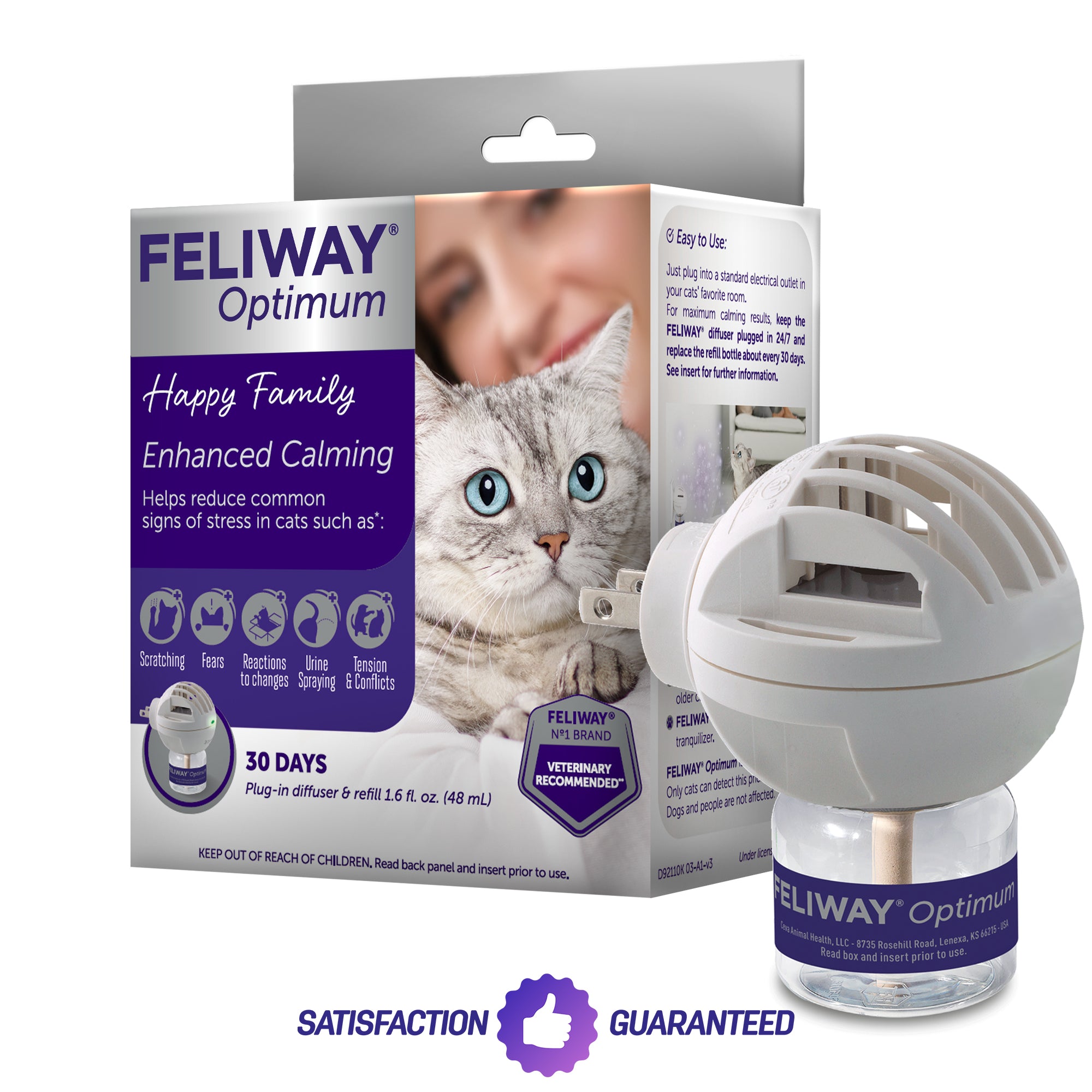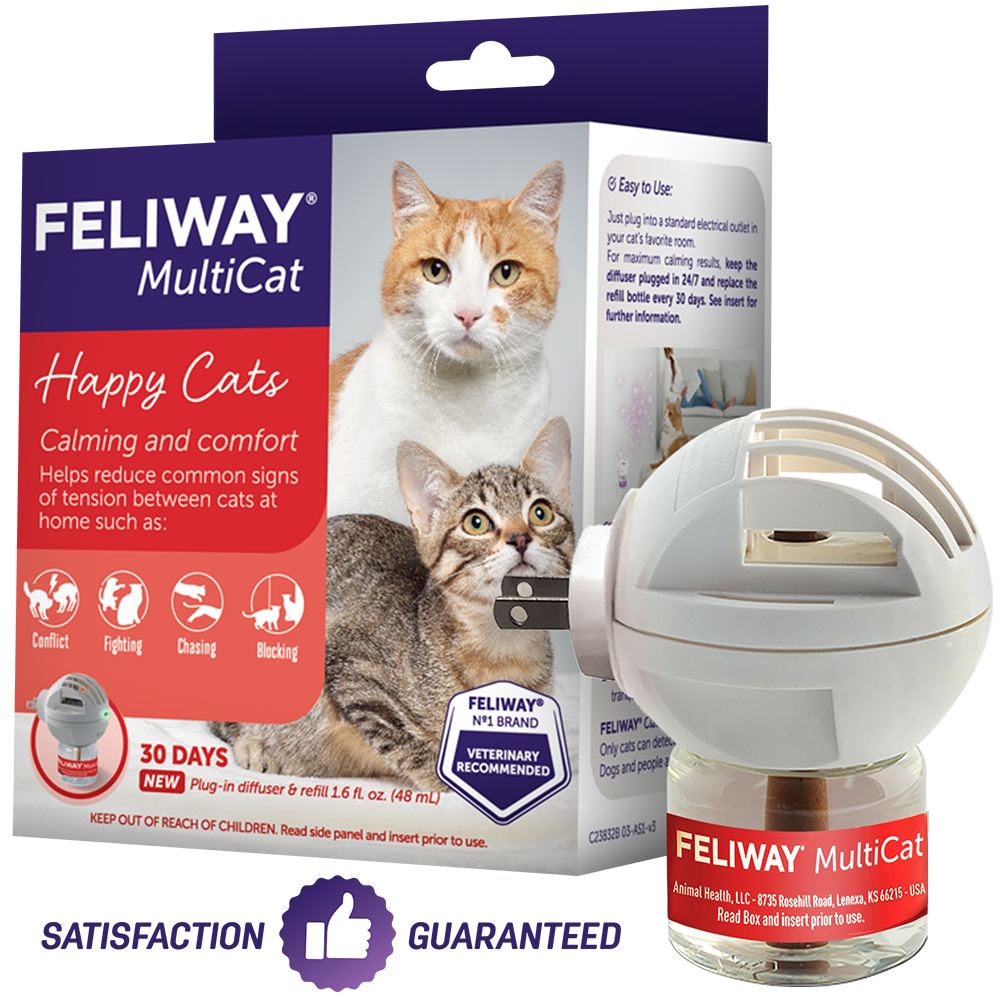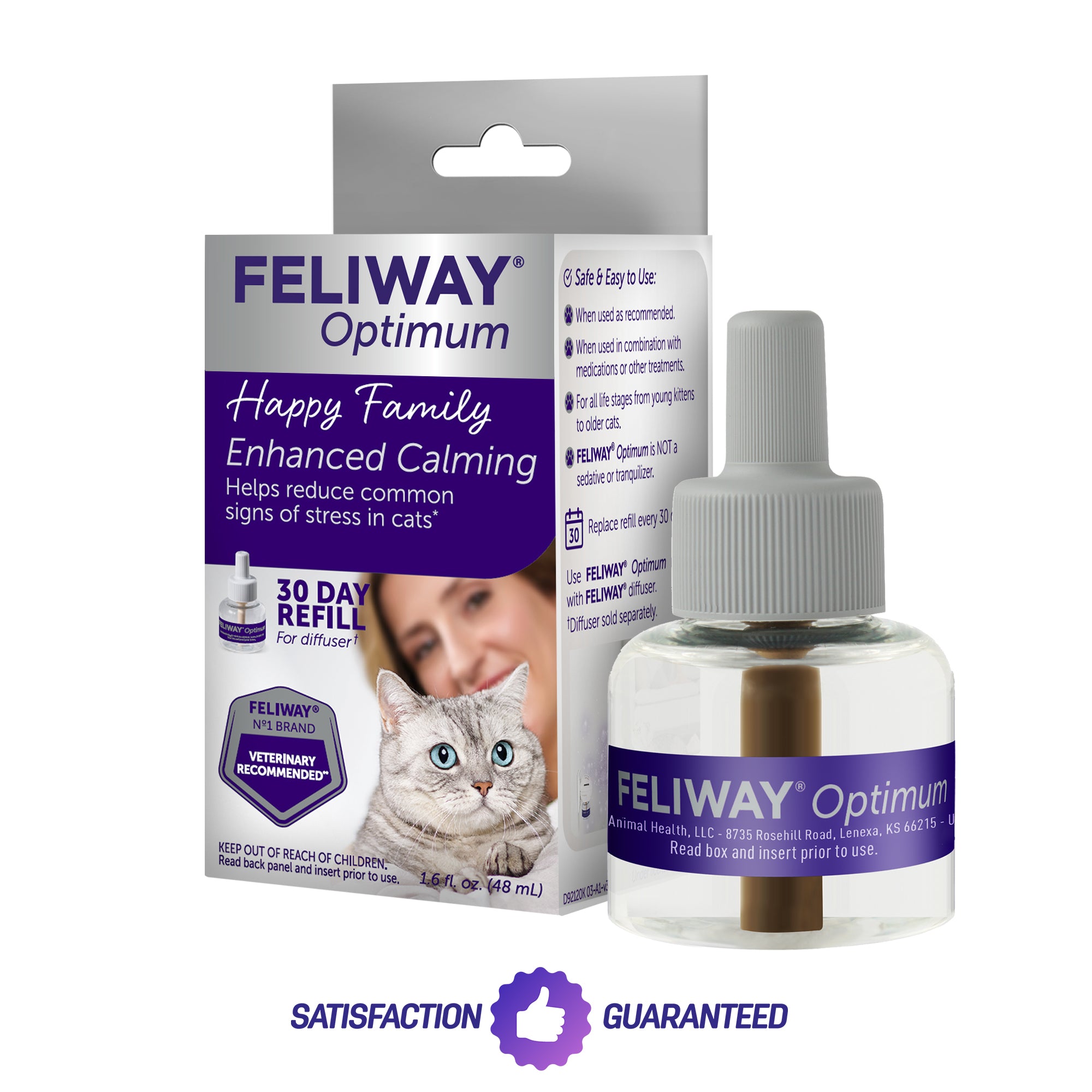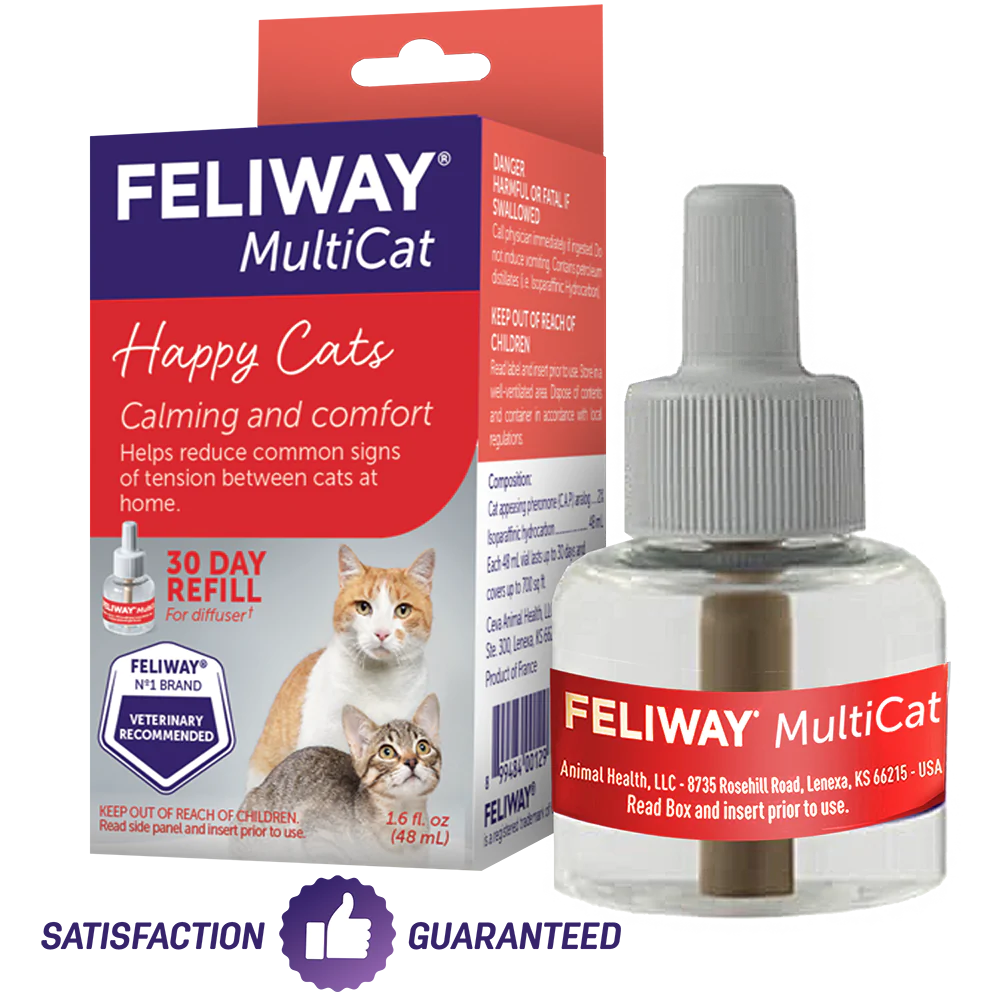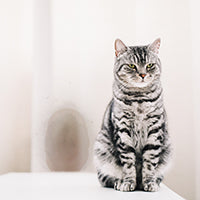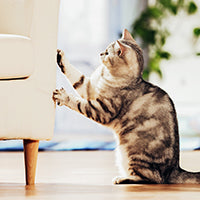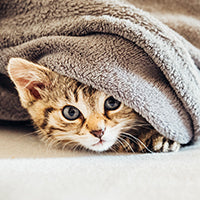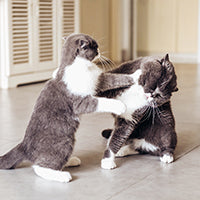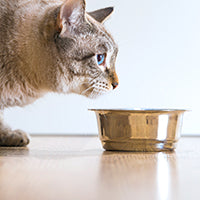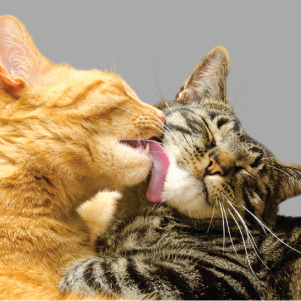How to Tell if a Cat is Stressed – 24 Kitty Signals to Watch for
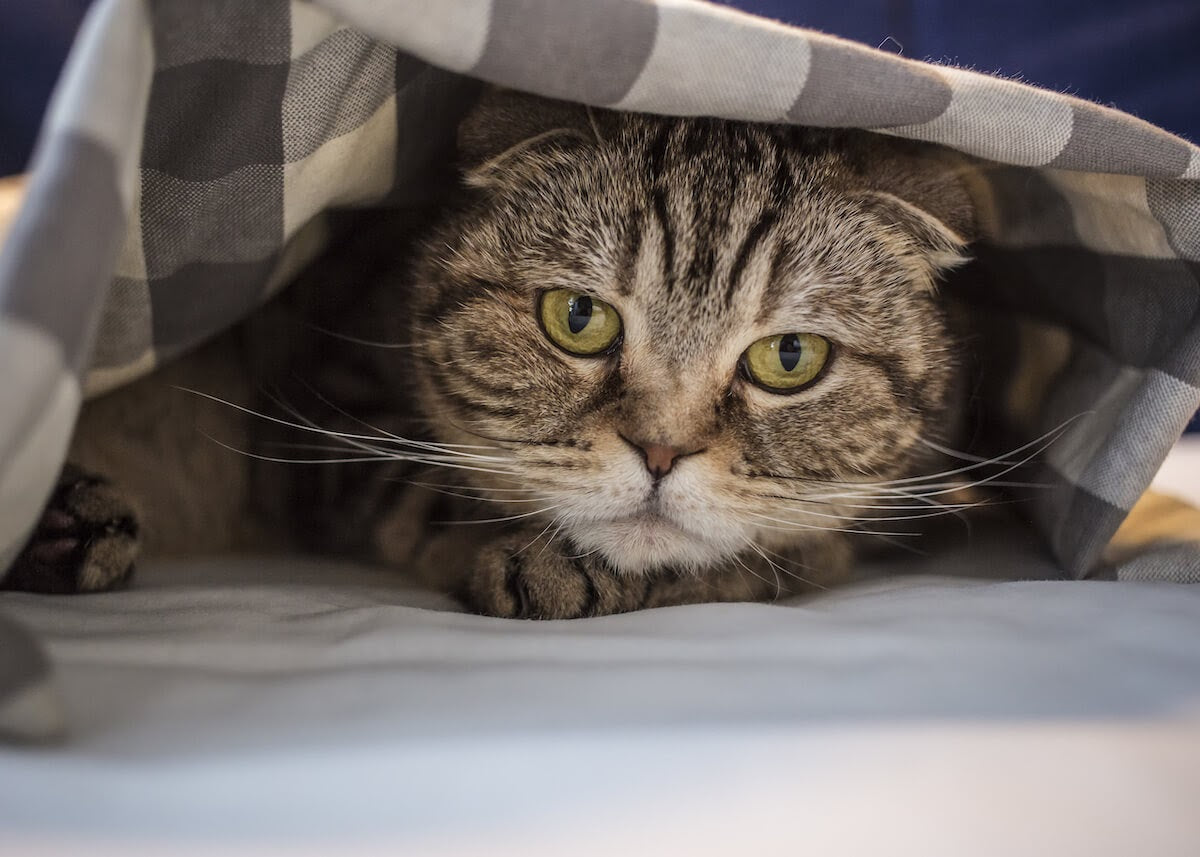
It’s important to watch out for signals that your kitty is stressed or anxious so that you can take appropriate steps to calm them and help them get back to enjoying their home comforts again.
However, it can sometimes be difficult to spot the signs of stress in your cat - there may only be slight changes in their behavior that you might think are insignificant at the beginning, but even a small change may indicate that something is afoot and you should try and address the problem.
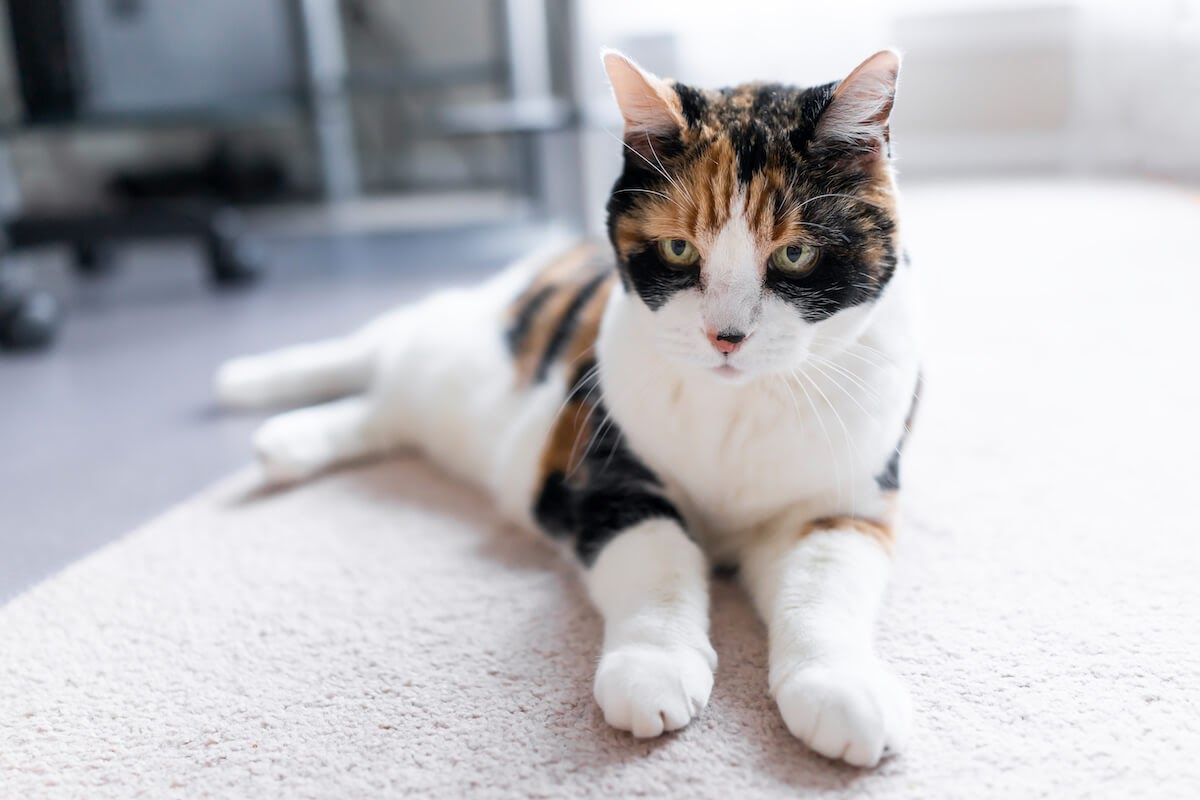
24 Signs of Kitty Stress
Signs of Acute Kitty Stress
These signs are relatively easy to spot and often appear in a situation where your cat is uncomfortable or is anxious, like taking a car journey to visit the vet. Or it may be that you have introduced new cats into your home, and your resident cat is not feeling happy that they have to share their home! If this is the case, make sure you work to reassure your kitty that you have enough love to go around, make new introductions gradually and ensure there are enough resources to go around - remember cats don’t like to share food bowls or litter trays!
Acute kitty stress signs are:
- Eyes wide with dilated pupils
- Ears are back flat to their head
- Whiskers back against their cheeks
- Tense body
- They are drooling, yowling or growling
- Exaggerated swallowing
- Quick licking of nose
- Involuntary toilet habits
- Aggression, like hissing and spitting if approached
- Crouching down close to the floor and not moving
- Tail held close to the body
- Have you noticed that they are more withdrawn than normal?
- Are they reluctant to move around the house?
- Are they particularly jumpy if there’s a sudden noise?
- Have their eating habits changed - eating and drinking less, or even eating or drinking more?
- Are they hiding away more often?
- Have you noticed that they are sleeping more than usual?
- What’s their coat like - is it as sleek and shiny as it used to be, or is it looking scruffy and matted?
- Are they scratching more - and in areas that they don’t normally scratch?
- Do they still want to play, or do they turn their nose up at playtime?
- Are they toileting outside their litter box and urine spraying around the home more frequently?
- Have you noticed signs of over-grooming?
- Are they being more aggressive towards other pets, particularly if they were friends before?
- Are they being more vocal and meowing more frequently?
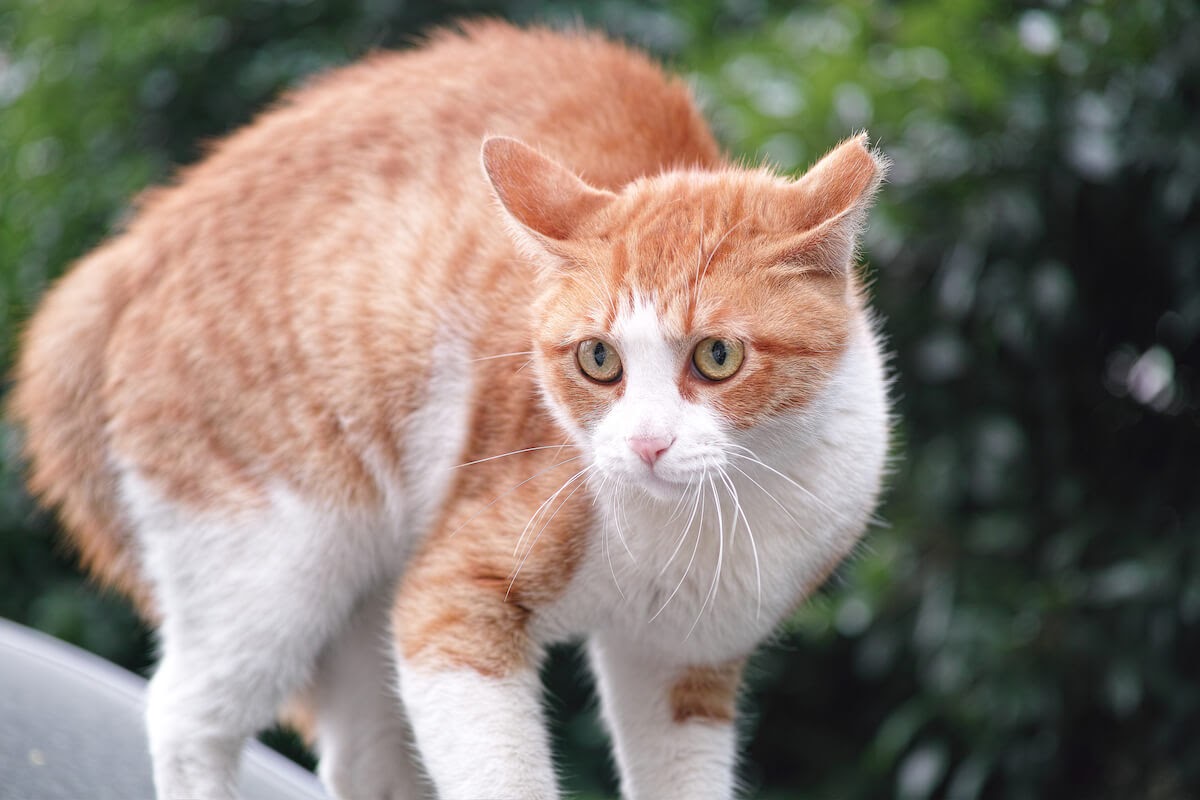
Signs of Chronic Kitty Stress
On the other hand, chronic stress can develop over time so signs can be subtle and more difficult to spot immediately. Here’s some key questions to consider if you’re wondering if your pawsome pal is experiencing chronic stress.
How Can You Help Your Feline Friend?
Although not intentional, kitty stress can sometimes be caused by you! Cats have their own personalities - some might prefer to hide and don’t want to be sociable. If you try to force them to become a lap-cat for example when all they want is their own independence, you may inadvertently be making them stressed and anxious! Or if a change to your routine has caused them stress you may be able to find a workaround that helps to relax your cat.
Understanding your pets’ body language and giving them the home comforts they need, like making sure their food and drink bowls are well away from their litter tray, and that none of their resources are situated next to the washing machine, will all help your cat feel more chilled!
Try to identify the cause of their stress and, if possible remove or limit it. However, some of these signs can also mean that your cat is in pain, so if you cannot work out or rectify what is causing their stress, you should always have them checked out by your vet in case there are any underlying illnesses.
Using a FELIWAY Optimum Diffuser can help you support your cat through any signs of kitty stress and when used regularly can help restore harmony in your home.
